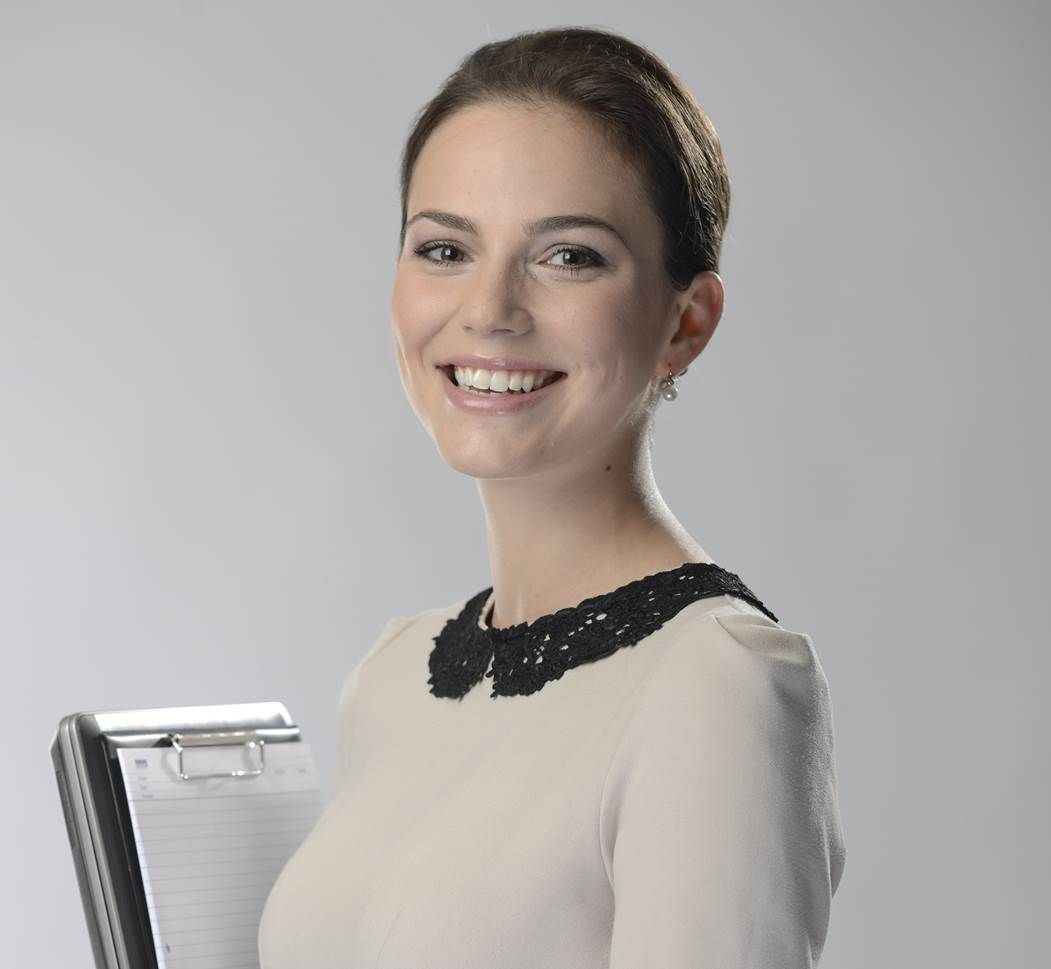Sylvie Dvořáková
Sylvie Dvořáková
|
Sylvie Dvořáková finished her studies at the IES with the PhDr. in Economics in 2014. She passed two study stays abroad, first at the University of Sorbonne in Paris and the second at the University of Washington in Seattle. On the second one she appeared on the Dean's List, for excellent study results. She was also a member of academic senate at the FSS CU. In 2010. she started working as an Executive Assistant to PhDr. Tomáš Sedláček. Among her duties, Sylvie was responsible for his time schedule, she was organizing his foreign travels and the propagation of his book Economics of Good and Evil. At the same time Sylvie was working for the National Economic Council of the Czech Government as the main coordinator of its student part. She was responsible for hiring new students, she also participated at the proceedings, and as a member of Public Finance subcommittee she, together with Tomáš Sedláček, wrote a document recapitalizing all Public Finance reforms and world institutions’ recommendations since 1999. After completing her master studies, Sylvie started to work as a Business Analyst at the department of Risk Consulting at KPMG. She focused mainly on the consulting within the banking sector. She also became the face of the KPMG hiring campaign. In 2015 Sylvie was hired to PPF group as a Regulatory Reporting Specialist Senior. Currently she works there as a Head of Regulatory Reporting and she is responsible for the regulatory reporting for the financial part of the Group to the Czech National Bank. She deals with banking and prudential regulation in terms of capital and liquidity adequacy according to CRR/CRD regulation. In her free time, Sylvie likes painting, indoor climbing, badminton, she meditates and is interested in personal development. |
Sylvie, could you tell us which was your favorite subject at the IES and which of the subjects were the most beneficial for your current working position?
I have enjoyed the most everything related to econometrics, mathematics and data analysis. On the other side, I did not like subjects that had anything to do with the European Union and accounting. And the funny thing is that now I make living by doing accounting within European legislation framework. I do not really make use of any subject in particular, however IES gave me a learning system, effective analysis of greater amount of data, fast orientation in a complicated matter and other techniques thanks to the demanding mathematical subjects.
You have been studying at Sorbonne in Paris. Is the French style of the university education different from ours or is it similar? Are there any French specifics, which were interesting for you?
Yes, the style is very different from ours. The atmosphere is very competitive, students do not cope with each other, they do not prepare together and do not share their knowledge. Also, I was very surprised that professors do not have any consultation hours. Apart from the lecture, there is no way how to contact them. And finally, French students are not used to read English papers and do not know any English economic terminology, so the communication with them is quite challenging.
You have been working for more than 3 years as an Assistant and Coordinator for the National Economic Council of the Czech Government. What is the most important experience from this job?
To be honest, I became a bit skeptical after this experience. Together with my mentor Tomas Sedlacek, we wrote a study „From one reform to another“ that was mapping the reforming efforts in this country since 1999. And we were quite surprised to find out that no matter which government was in power or which world organization gave the recommendation, they all agreed. They agreed on what is necessary to be done or what needs to be changed and even on the means how to accomplish it. However, in politics you do not always achieve what is right, because there are other effects which come in the way.
You are working a few months/ You have recently started to work at the position of the Head of Regulatory Reporting at PPF. It is a wonderful career only few years after finishing your Masters. What would you advise to those students, who would like follow your example?
I think that the most important thing is to focus all your attention on what you enjoy the most, and on what you are naturally good at. If you focus your attention on your strengths instead of on your weaknesses, then it all flows. Of course, you need to add determination, motivation, hard work and patience, there is no free lunch, but whenever/if you do what you enjoy, the others can see it and enjoy working with you. So that would be my advice.
With your workload, I believe it is important to learn how to relax, isn´t it? How do you relax? By DIY creative activities or vice versa by a physical activity, some sport?
Since I use the analytical part of my brain quite excessively at work, I like to spend my free time creatively. Recently, I have attended an oil painting course where I painted my interpretation of Monet’s garden in Giverny. It took me more than 12 hours to finish it. And now I have applied to a course of aquarelle painting. Moreover, I practice meditations in order to calm down the stream of my thoughts, to stop for a while and realize where I am and where I am going.








